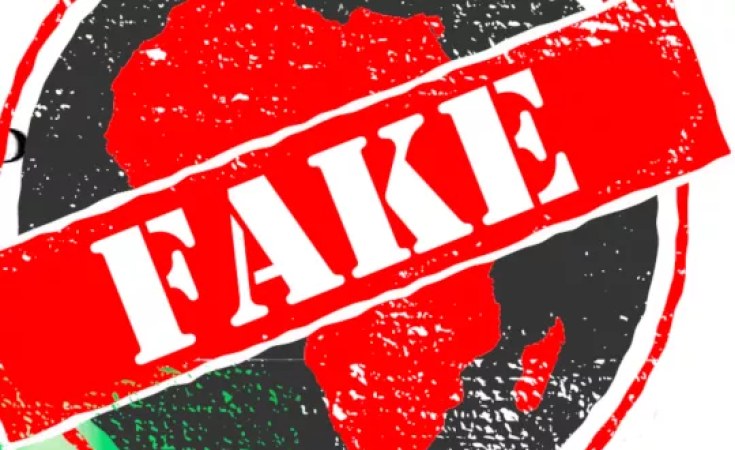IN SHORT: A message circulating on WhatsApp claims that the South African Social Security Agency (Sassa) is offering a R500 grant to people over 70 who suffer from chronic illnesses. But the agency has denied this.
A WhatsApp message is making the rounds in South Africa, with the claim it comes from the South African Social Security Agency (Sassa).
The message includes a form with the Sassa logo and says that an extra R500 will be added to the older person grant if a person over 70 years old has a chronic illness.
The form has also been shared on Facebook several times, including here, here and here.
The older person grant
Sassa's older person's grant, previously called the old age pension, is a benefit paid to people aged 60 and over. As of 1 October 2024, this grant was R2,190 per month for those between 60 and 75, and R2,210 for those over 75.
To qualify for the grant, you must meet a number of conditions, including being a South African citizen, permanent resident or refugee; living in South Africa and not already receiving another social grant for yourself; and not being cared for in a state institution, such as a prison, state old age home, or rehabilitation centre.
The eligibility criteria also include a maximum income and asset threshold for applicants.
According to the message circulating on social media about an extra grant for those with chronic conditions, applicants must have a form from the Sassa office completed by their doctor and return it to the agency. The patient must also be on chronic medication to qualify, the message adds.
But is Sassa increasing the grant, as claimed?
Sassa debunks claim
The agency published a warning on its official website, describing the content of the message as "fake news".
Sassa is often targeted by scammers because of its role in social welfare in South Africa.
WhatsApp is often a vehicle for this type of misinformation. This is because users tend to have group chats with their friends and family, and send messages to people they know personally. There is a level of trust in these conversations that can lead to false information being spread because we trust the person who shared it, not because the information is actually true.
Stay safe on WhatsApp
Users must be vigilant of information that is shared on messaging apps. Following Africa Check's tips for verifying links and messages sent on WhatsApp is one useful way to avoid being scammed.
Another is subscribing to What's Crap on WhatsApp?, a WhatsApp-based community that sends members a weekly summary of Africa Check's debunks and allows members to submit potentially false information to be fact-checked.


